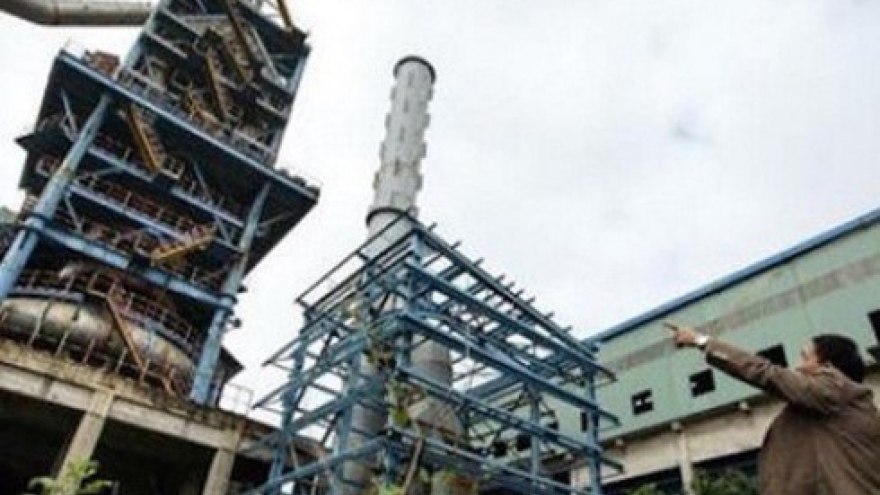Restructuring SOEs while developing a market economy
VOV.VN - Over the past few years, Vietnam has been restructuring its state-owned enterprises (SOEs) in accordance with the market mechanism.
 |
| Ninh Binh Fertilizer Plant, one of the less efficient state investment projects (Photo: Thanh Nien) |
A number of enterprises have been equitized, but the equitization process has been slow and sometimes wasteful. Drastic measures are needed to make it more efficient.
Since the renewal process began more than 30 years ago, SOEs have gone through successive periods of restructuring and the number of SOEs in which the state holds 100% of the charter capital has dropped from more than 12,000 in the late 1980s to about 620 as of the end of 2015.
During the 2011-2015 period, equitization and divestment retrieved nearly US$3.4 billion for the State budget. But the restructuring process has been slow, and the efficiency of SOEs remains low considering the resources they have. That is not to mention that many SOEs have invested outside of their core business, causing waste and inefficiency which has led to capital losses.
To address the issue, the Vietnamese government has implemented drastic measures to reorganize and accelerate equitization of SOEs, with top priority given to improving the capital management of SOEs.
The most urgent issue is to choose an appropriate capital management model that keeps the State from having to interfere unduly in the operation of the SOEs.
Economist Nguyen Cong Nghiep said, “The model for managing state capital in these enterprises must be appropriate for a market economy. Government intervention into businesses’ investment activities needs to be avoided. SOEs currently account for more than 30% of national GDP. If the State capital in enterprises is reduced to 10% of GDP, management will be simpler.”
The Vietnamese government is committed to restructuring SOEs for greater efficiency and sustainable development in line with the current international economic integration. To that end, enterprises must be streamlined, productivity improved, costs reduced, and brands built up to increase competitiveness.
Nguyen Quang Vinh, Deputy Secretary General of the Vietnam Chamber of Commerce and Industry, said, “A sustainable enterprise is sustainable economically, socially, and environmentally. To develop sustainably an enterprise must make a profit, but that profit must be associated with social and environmental progress. A sustainable enterprise should combine technological solutions with stability in social and labor relations.”
240 SOEs need to be restructured or equitized between now and 2020. By then, the State will hold 100% of charter capital in only 103 SOEs and will make them operate efficiently.


